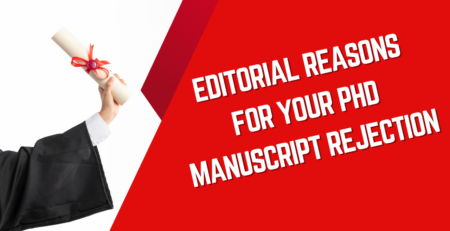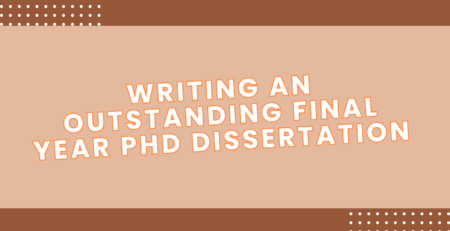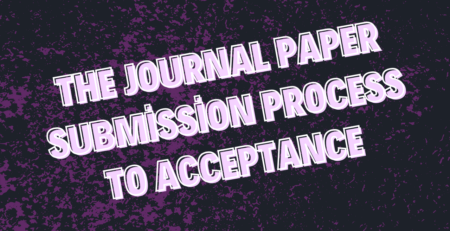Students may be barred even on basis of their post-exam analysis
Kenfra Research2024-04-04T13:42:44+05:30Students may be barred even on basis of their post-exam analysis
Introduction:
When educational institutions decide to bar students from engaging in post-exam analysis, it typically involves a combination of factors and considerations.Here’s a detailed elaboration on why this might occur.
Preservation of Test Security:
- Preventing Leakage of Test Content: Educational institutions invest significant effort in designing exams to accurately assess students’ knowledge and skills. Allowing extensive post-exam analysis may lead to the disclosure of specific questions or content, potentially compromising the security and integrity of future exams.
- Minimizing Opportunities for Cheating: Detailed discussions about exam questions and answers can create opportunities for dishonest behavior, such as sharing information with others who have yet to take the exam or accessing unauthorized materials during the test.
- Ensuring Fairness and Equitability: Barring students from engaging in post-exam analysis helps maintain a level playing field for all students, ensuring that exam results accurately reflect each student’s individual preparation and understanding of the material.
Protection of Academic Integrity:
- Promoting Ethical Conduct: By limiting post-exam analysis, educational institutions reinforce the importance of ethical conduct and academic integrity. Students are encouraged to focus on their own learning and understanding rather than seeking unfair advantages through extensive post-exam discussions.
- Upholding Standards of Scholarship: Engaging in thorough post-exam analysis may blur the line between constructive review and unethical behavior, potentially undermining the credibility and validity of academic assessments.

Maintaining Confidentiality and Intellectual Property Rights:
- Preserving Confidentiality: Institutions have a responsibility to safeguard the confidentiality of exam content and protect it from unauthorized disclosure. Restricting post-exam analysis helps mitigate the risk of sensitive information being shared outside the intended context.
- Protecting Intellectual Property: Exams are often considered proprietary materials owned by the institution. Allowing unrestricted post-exam analysis may infringe upon the institution’s intellectual property rights and devalue the investment made in creating high-quality assessment tools.
Fostering a Culture of Responsible Learning:
- Encouraging Independent Thought and Study: Limiting post-exam analysis encourages students to develop critical thinking skills and rely on their own abilities to comprehend and apply course material, rather than relying on collective analysis or sharing of answers.
- Promoting Effective Study Habits: Students benefit from focusing on constructive learning strategies, such as regular review, active engagement with course material, and seeking clarification from instructors, rather than relying heavily on post-exam discussions to fill knowledge gaps.
Conclusion:
In conclusion, barring students from engaging in post-exam analysis is a proactive measure taken by educational institutions to uphold test security, protect academic integrity, maintain confidentiality, and promote responsible learning habits among students. By implementing clear policies and guidelines regarding post-exam discussions, institutions strive to ensure fairness, equity, and credibility in the assessment process.








Leave a Reply